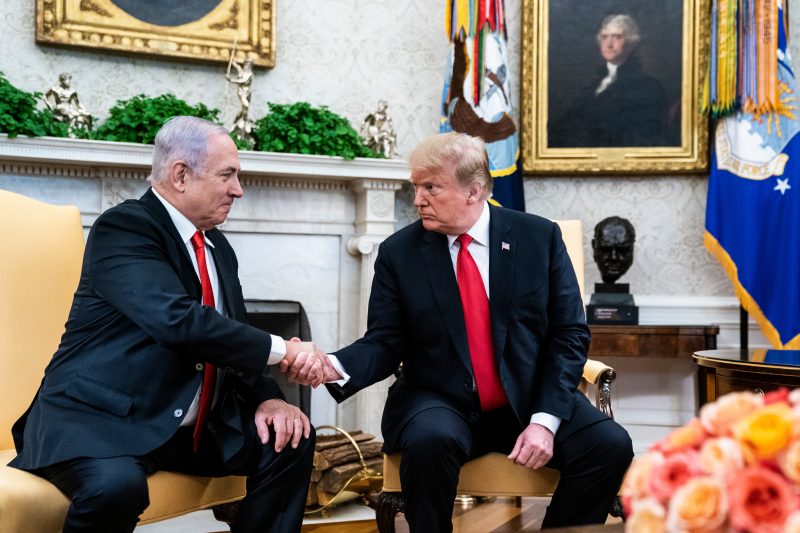
Trump’s Impassioned Pledge to Quell Pro-Palestinian Protests and Deport Demonstrators
Body:
It was recently disclosed that former U.S. President Donald Trump, in the course of a conversation with his supporters and donors, revealed his intended approach towards pro-Palestinian protests, a move that raised an eyebrow. Trump’s bold and controversial statements kept the media and political circles on their toes. They ranged from domestic issues to complex foreign policies, not excluding the Israeli-Palestinian conflict.
The private conversation with donors revealed that Trump touted a hardline stance against pro-Palestinian protests. He stated that the protestors who took to the streets of America in support of Palestinians were essentially dissenters to the state’s support of Israel. The pro-Palestinian demonstrations across the U.S. were a response to escalating tensions and conflicts between Israel and Palestine at that time.
Trump’s rhetoric suggested a belief that these demonstrations were damaging to the U.S.’s international allies and, by extension, its own interests. According to the former president, these demonstrators didn’t merely embody voices of dissent but were viewed as insurgents threatening national security. Consequently, Trump’s approach leaned towards crushing these protests rather than engaging in peaceful dialogue or addressing the grievances behind these protests.
Furthermore, Trump went one step further to say that he would even go as far as to deport the demonstrators participating in the pro-Palestinian protests. Dealing with dissension by deporting protestors is not a common practice in democratic societies. Trump’s stance on this issue seemed to test the boundaries of democracy, free speech, and human rights. It raises questions about how far a leader can go and what measures a government can use to suppress expressions of disagreement to its policies.
Trump’s sentiments can be seen as part of a broader trend of the U.S. administration supporting Israel in the Israeli-Palestinian conflict. Despite the conflict being deeply ingrained in a complex history and delicate geopolitical relationships, the U.S. has largely remained an unwavering ally to Israel, both in terms of ideological solidarity and military aid. Trump’s stance seemed to be a reaffirmation of this relationship despite the changing landscape of global relations.
Trump’s provocative statements about handling pro-Palestinian protestors elicited a variety of responses from different sections of the society. Some applauded his bold stance, seeing it as a strong pushback against what they perceived as anti-American sentiment represented by the protests. Meanwhile, critics condemned his words as an assault on the freedom of speech, worrying they could potentially set a dangerous precedent for handling dissent in the future.
Examination of Trump’s revealed strategy illustrates a leader’s perspective on handling public dissent. Some argue that it lays bare his calculated alignment with ally nations. Others, however, argue it marked a disturbing disregard for democratic norms and principles. Regardless of which side one stands on, it’s undeniable Trump’s comments sparked intense debate over his contentious, assertive style of leadership.
